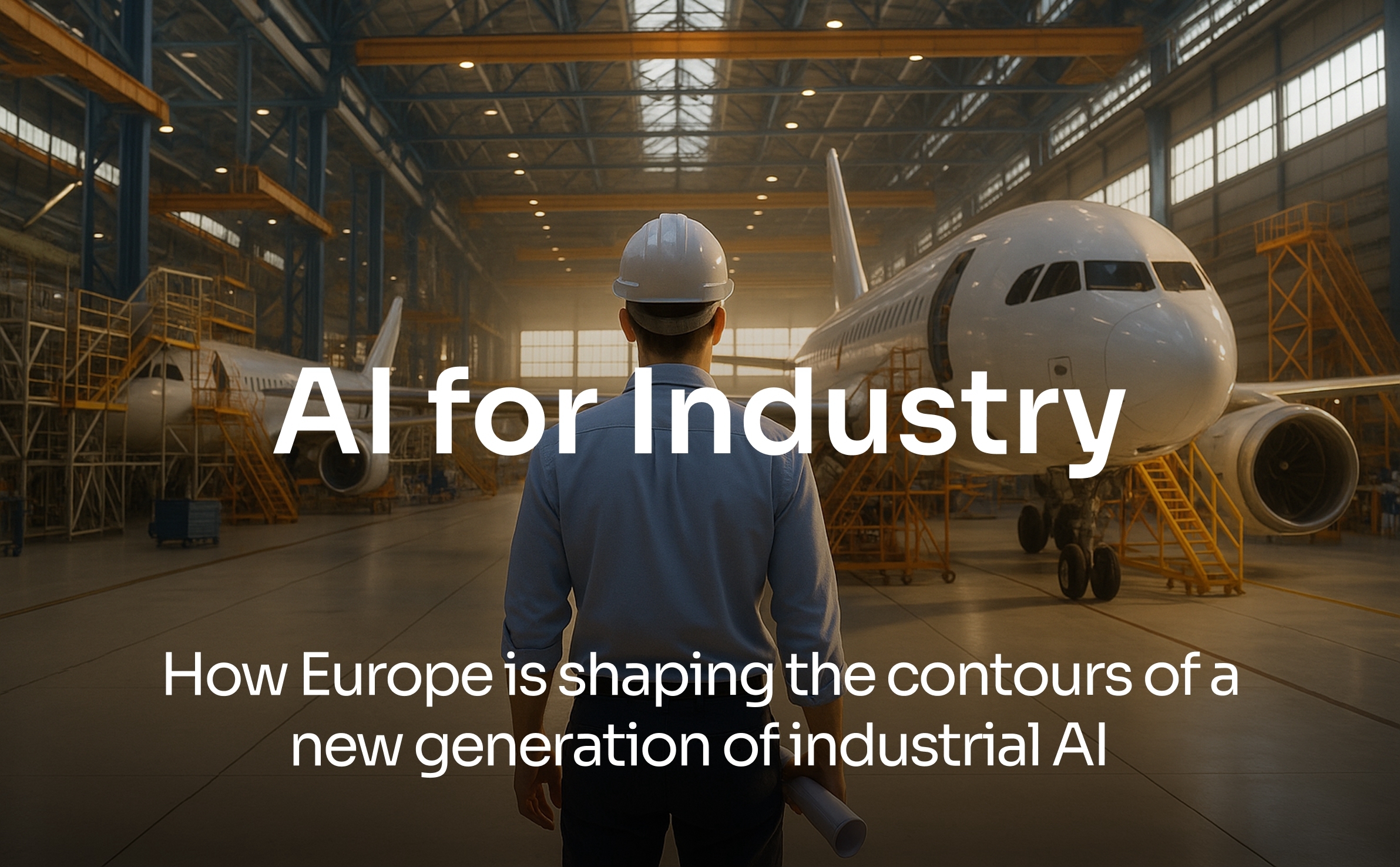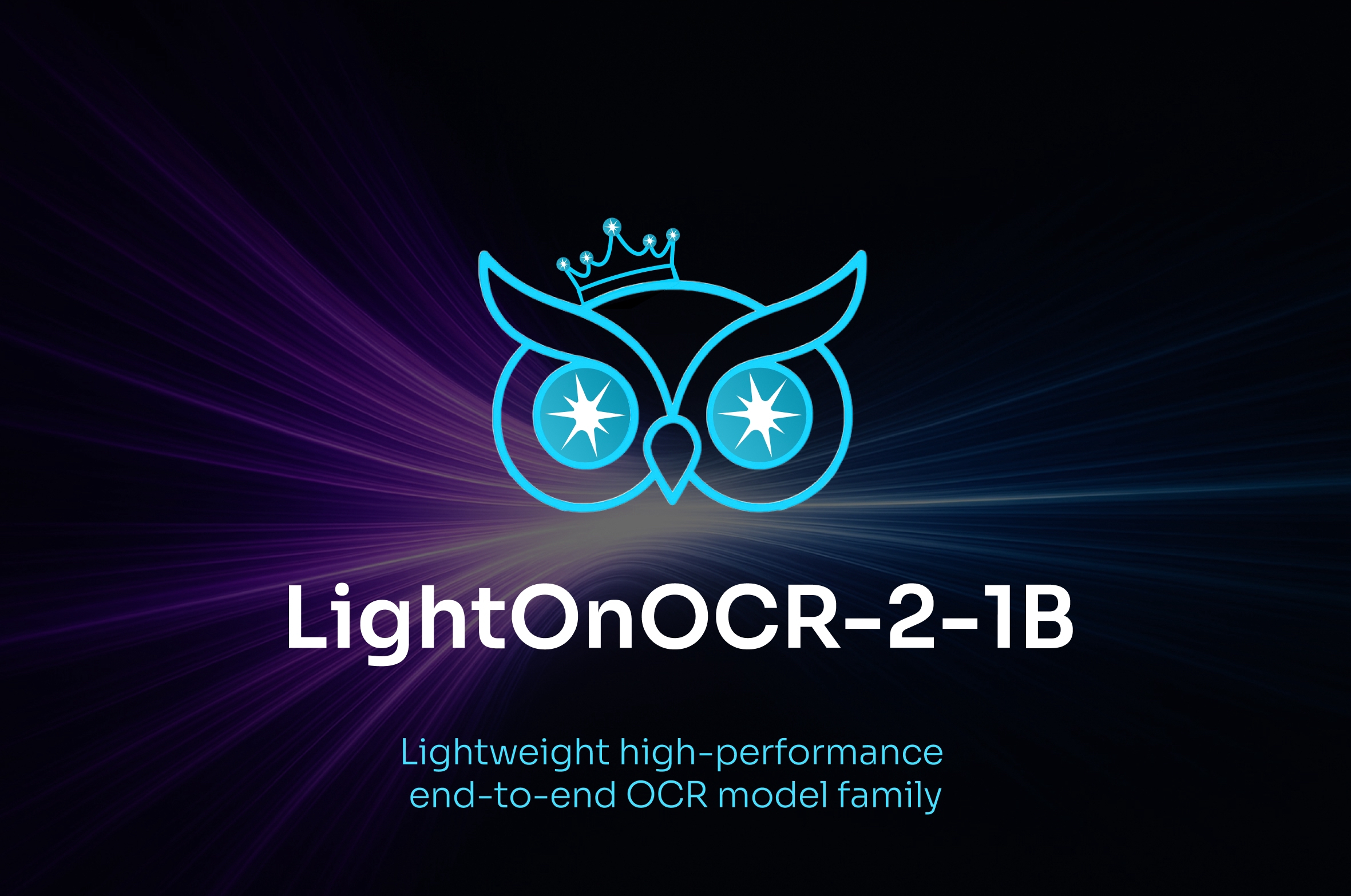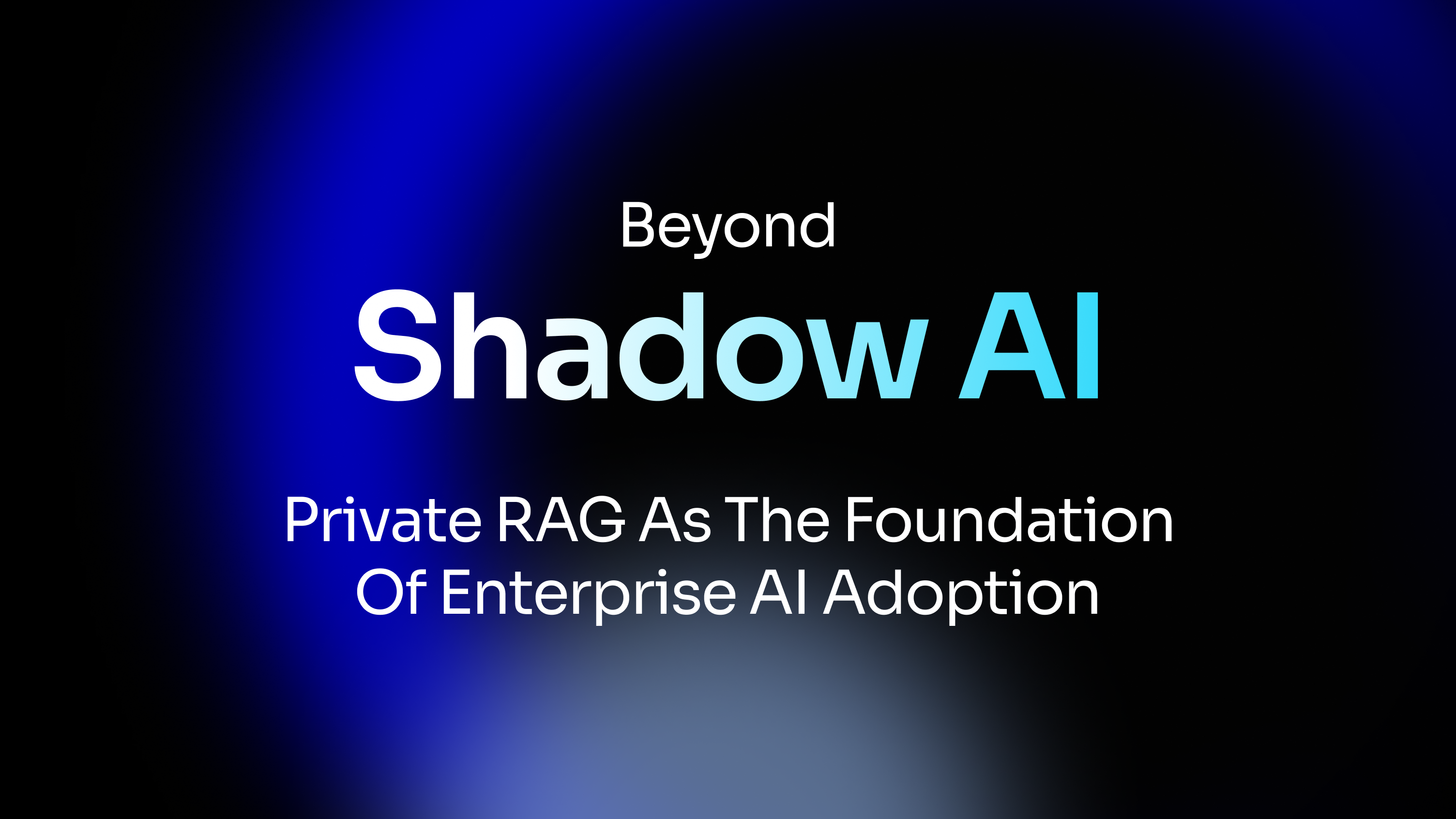TL;DR
Our country is home to numerous world-renowned companies such as L’Oréal, Danone, Airbus, Stellantis, Dassault, LVMH, and Hermès. France also boasts a highly skilled workforce and mastery of cutting-edge technologies, from aerospace to nuclear. But beyond large language models, could sovereign and specialized AIs be the next revolution in industrial AI, and a unique opportunity for French and European industries ?
AI as an accelerator for mastering complex systems
The concept of vibe coding suggests that anyone, even without technical skills, can now create a website, app, or digital service simply by interacting in natural language with an AI. And it works. Tools like Windsurf, Cursor, or Lovable are powerful, immediate, and available.
The real disruption comes when this principle is applied to complex industrial systems. Modern engineers already juggle multiple specialized tools, CAD software, simulators, material databases, analysis tools, and testing platforms. Vibe engineering doesn’t replace these tools, it transforms the engineer into an orchestra conductor.
Instead of mastering the syntax of each tool, navigating complex interfaces, or manually translating between systems, the engineer interacts in natural language with an AI that operates the tools for them. Whether it’s an aerospace engineer managing CFD simulations, a chemist exploring molecular syntheses, or an energy engineer optimizing electrical networks, the engineer’s role shifts to solution architect rather than software operator. AI becomes the universal interface that allows fast navigation through complexity, exploration of alternative architectures, and testing of radically different approaches.
Applying this logic to heavy industry, aviation, automotive, aerospace, energy, chemicals, is another story. And this is where Europe has an advantage, turning decades of industrial expertise into a competitive edge.
The hidden value of industrial data
Orchestrating complex tools is not enough. Designing an airplane is not like building a landing page. Here, stakes are critical, safety, compliance, strict regulations, and absolute reliability. Moreover, confidential data, often classified, cannot be transferred to public clouds. Engineers at Safran, Thales, or Stellantis work on sensitive, often unique data that cannot be anonymized or exported. The same applies to Solvay, Total Energies, or Air Liquide, chemical formulations, manufacturing processes, and production data are strategic knowledge.
Current large models operate on extra-European clouds, subject to foreign legislation, raising security and sovereignty issues. Another limitation, these models, however powerful, have no grounding in a company’s specific reality. Without access to proprietary data, historical records, or operational constraints, they can only provide generic responses disconnected from the industrial context.
But what if proprietary data were not a constraint but the core strength of AI? What if decades of technical reports, lessons learned, and industrial know-how became the foundation of AI truly rooted in reality? Europe could transform what seems like a handicap into a decisive competitive advantage.
The real engine, specialized and sovereign AI
This is where a sovereign and specialized approach comes in. An AI that understands exactly what matters for a specific industry, deployed close to the user and the data, on local servers.
These models acquire a “grounding,” impossible to achieve otherwise. Through RAG (retrieval-augmented generation) architectures that access private enterprise data in real-time, specialized AI no longer works in the abstract. It leverages the company’s industrial memory, decades of technical reports, product specifications, maintenance data, CAD plans, machine tolerances, and supplier constraints. This connection to industrial reality turns a general-purpose model into an ultra-specialized domain expert. AI no longer generates plausible but generic answers, it produces solutions grounded in the company’s industrial reality, offering contextualized, actionable intelligence.
The central role of the augmented engineer
Vibe engineering doesn’t replace engineers, it augments them. AI combined with human expertise unlocks previously constrained capabilities, bold exploration. When prototyping takes hours instead of weeks, when testing a radical idea no longer costs months, engineers become explorers. They can fail fast, pivot, and try approaches they never would have attempted.
Engineers can now explore 10, 20, or 100 paths in parallel instead of just one or two. They collaborate without technical barriers, test hypotheses in real time, and validate or reject concepts in a few iterations. Rapid prototyping fundamentally changes the approach, from cautious, linear innovation to parallel, audacious exploration. This democratizes innovation, allowing all industrial players to innovate regardless of size, and helps European industries catch up with better-funded Chinese or American competitors.
Europe has the assets and the numbers to prove it
Sovereign and specialized AI draws strength from a sovereign ecosystem, supercomputers, industrial data, security, and appropriate regulation. The European AI market was approximately €58 billion in 2024, with an expected growth of +33% per year until 2030. Industrial AI is projected to grow from €6.6 billion today to around €23 billion by 2032 (+17%). The European “AI gigafactories” initiative, a €20 billion plan to deploy sovereign computing infrastructures and host specialized models, marks a clear orientation, bet on technological autonomy.
Europe has everything to gain by prioritizing pragmatic, specialized AI over large general-purpose models. What will make the difference is the ability to integrate AI into industrial needs, deploy on-site, foster human-machine collaboration, and maintain technical and intellectual property control. Vibe engineering could be the revolution industry has been waiting for, and Europe is well-positioned to lead it.
.svg)




.avif)
.avif)
.png)